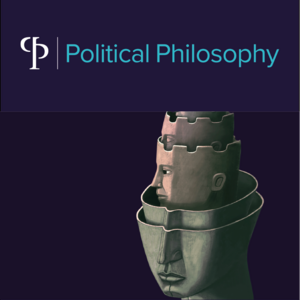The Poverty Discrimination Puzzle
New publication by Kasper Lippert-Rasmussen & Bastian Steuwer (Ashoka University) in Political Philosophy
DOI: https://doi.org/10.16995/pp.16493
Abstract: Discrimination laws usually prohibit discrimination based on some traits, like race, caste, and sex, and not on others, like sports team allegiance. Should socioeconomic class be included among the protected traits? We examine an argument for the view that it should which leads to the conclusion that both direct and indirect socioeconomic discrimination should be prohibited by the state. The argument has three premises: (1) direct paradigmatic discrimination should be prohibited by law; (2) if direct paradigmatic discrimination should be prohibited by law, then so should direct socioeconomic discrimination; and (3) where direct discrimination based on a certain trait should be prohibited by law, so should indirect discrimination on the basis of the same trait. Since we assume most readers will accept (1), the paper is largely devoted to the defense of (2) and (3). The outlawing of direct socioeconomic discrimination would involve an adjustment of the political and legal status quo, but we argue that it should nevertheless be implemented. By contrast, a prohibition on indirect socioeconomic discrimination would require a radical change to the way in which our societies are structured, because many of our laws, policies, and practices systematically (re)produce inequality to the disproportionate detriment of the poor. Our main aim, therefore, is not to defend the prohibition of indirect socioeconomic discrimination, but to show that most people’s views about discrimination are in deep tension with their attitude to current law. Resolving this tension would require for most of us to revise our beliefs either about whether indirect socioeconomic discrimination should be prohibited or about (1)–(3). One might reject the view that law should prohibit socioeconomic discrimination and still accept this claim about a deep tension in most people’s views on discrimination (open access).

